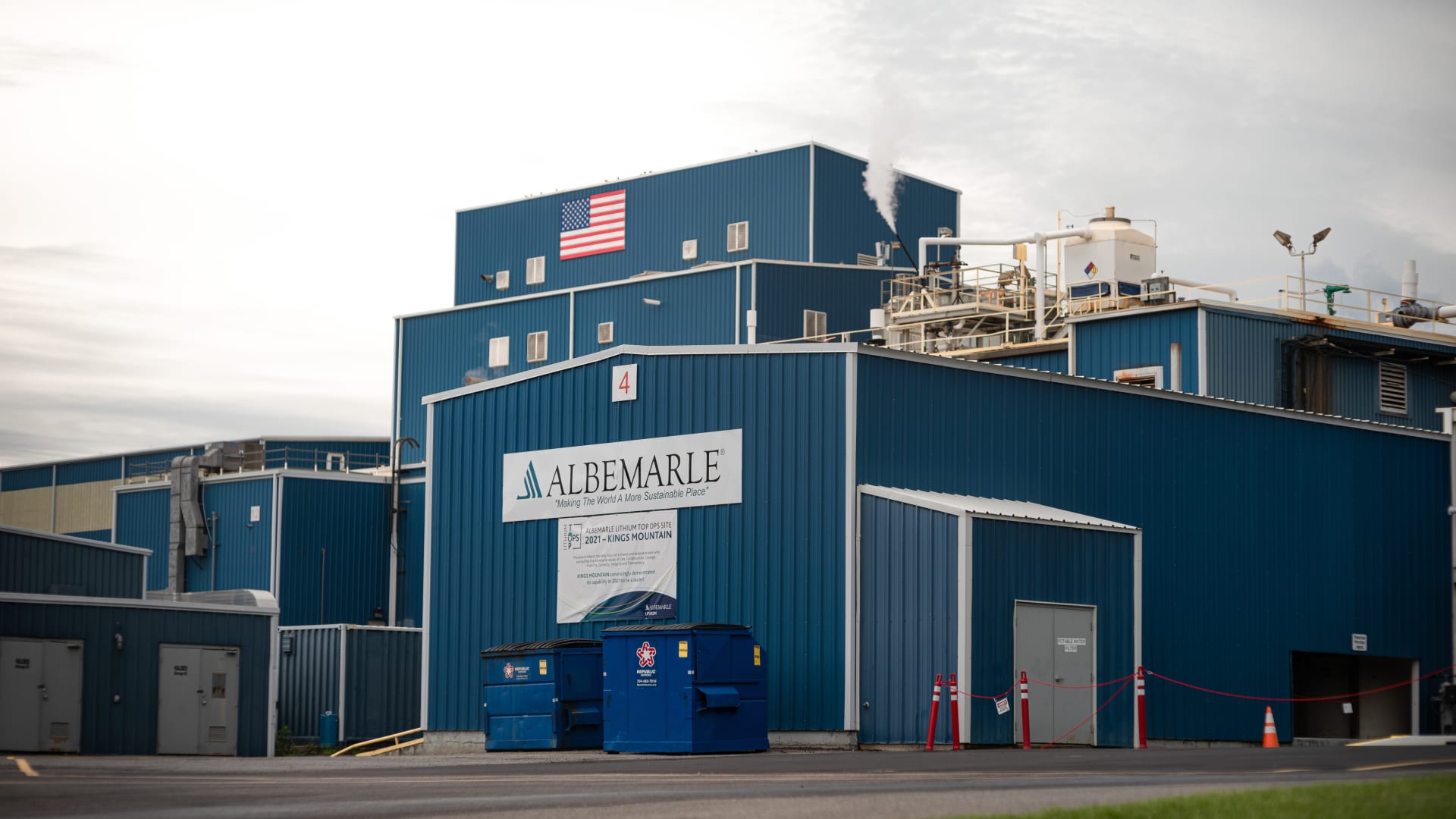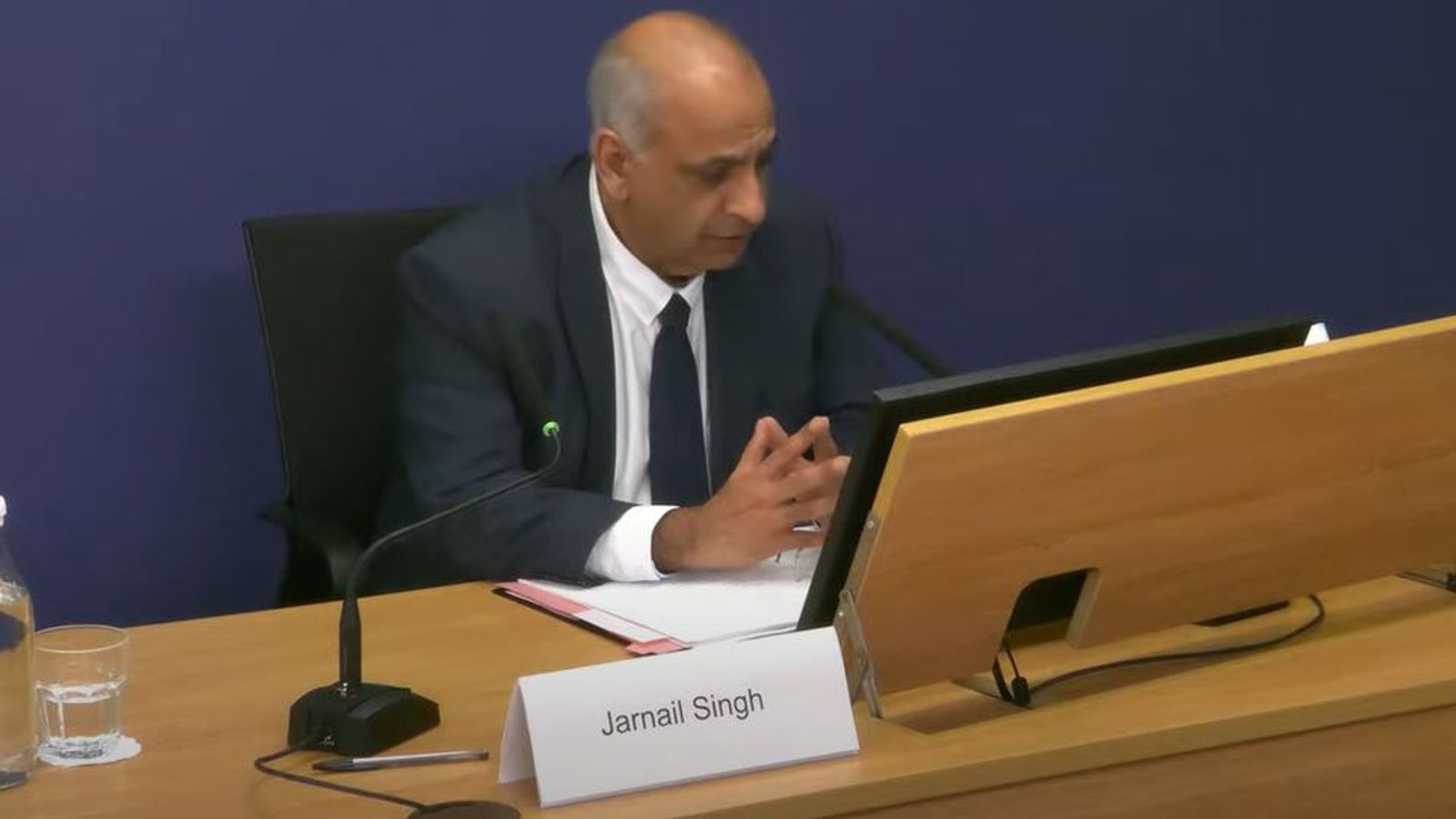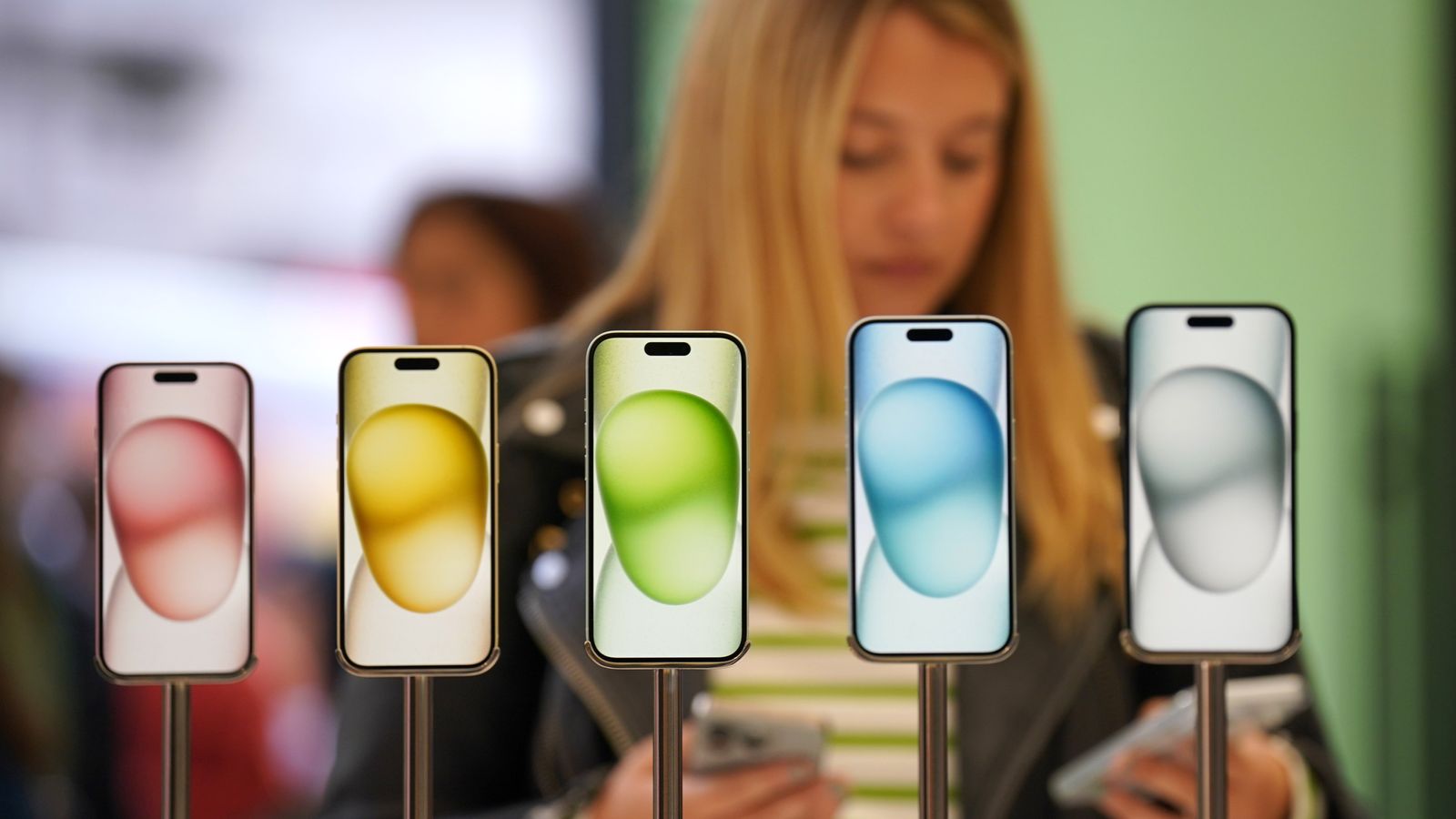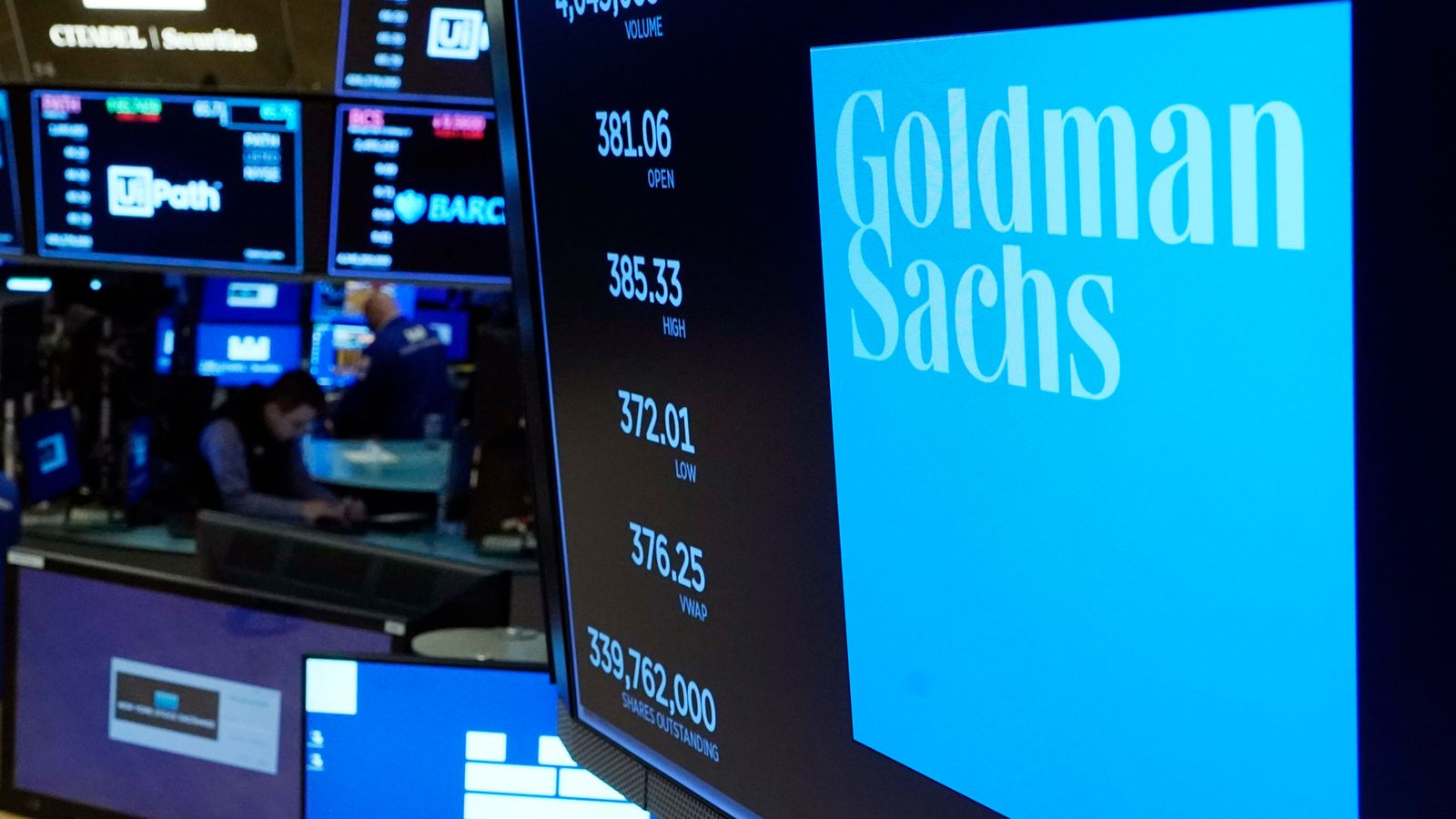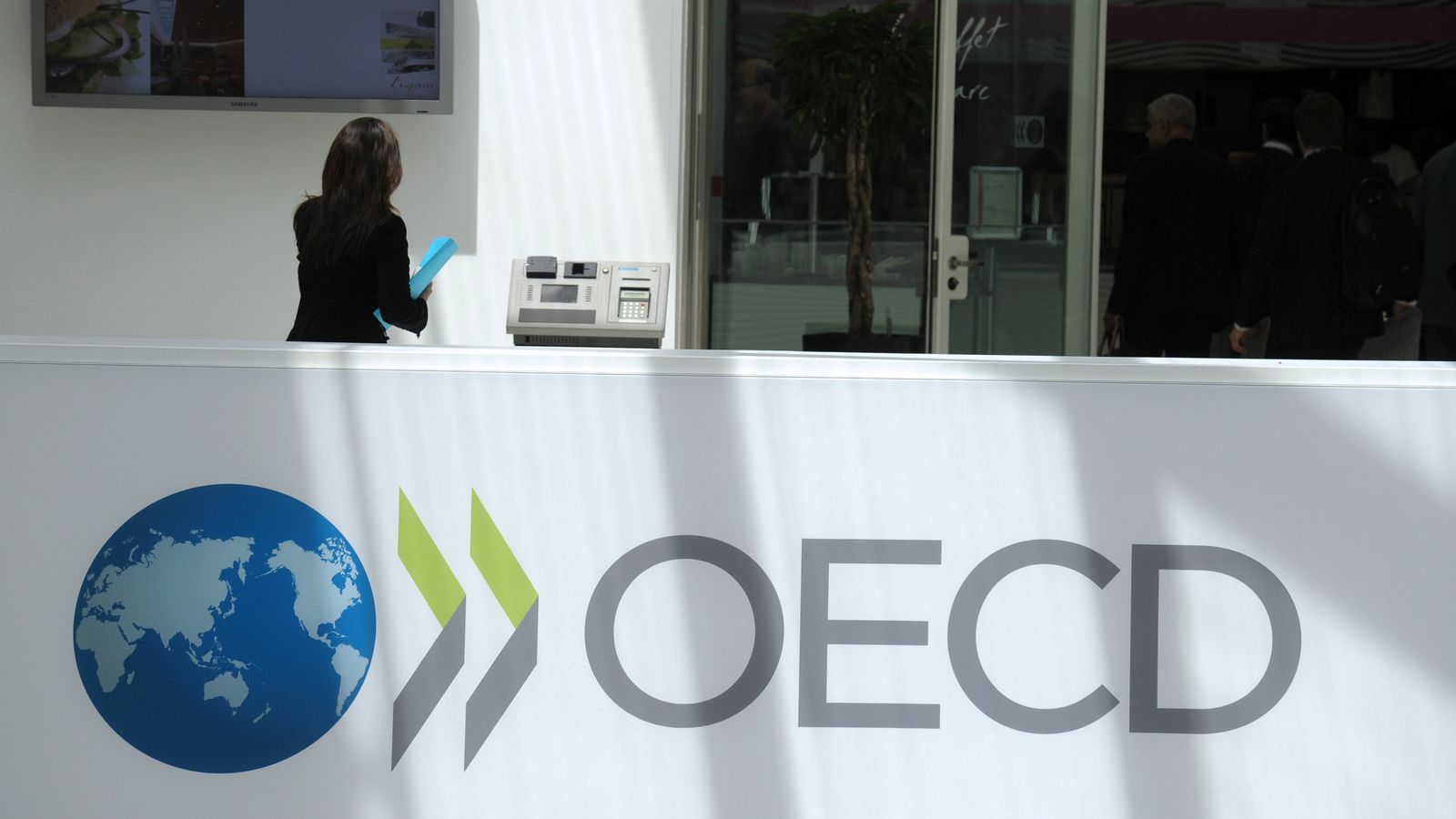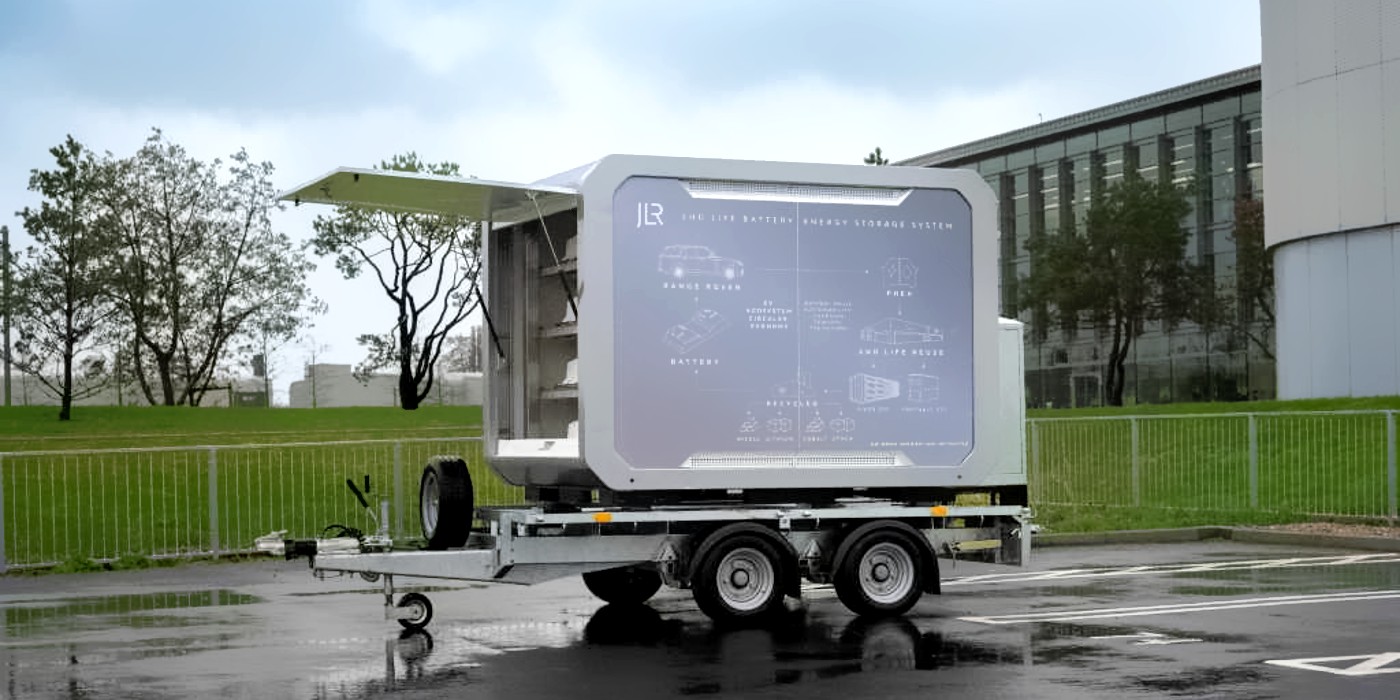
A new startup is partnering with Jaguar Land Rover (JLR) on a new portable battery energy storage system designed to power your job site with used Range Rover and Range Rover Sport PHEV batteries.
The startup is called Allye Energy, and its new Allye Max battery energy storage system (or “BESS“) contains fully seven used Range Rover PHEV battery packs, which have been given a second life in their new role.
Second life projects like this extend the serviceable life of vehicle batteries long after they’ve degraded below an 80% operational capacity. That lost 20% will greatly impact the practicality of a family’s primary vehicle. But in a generator powering a portable office trailer or charging up a mini excavator overnight? It’ll hardly be noticed.
The average Diesel generator would typically use 16L of fuel per hour, equivalent to a daily total of 129.12kg of CO2 for three hours’ usage. JLR’s Engineering team will use the BESS to power over 1000 hours of testing, saving more than 15,494kg of CO2 during the course of a year – equivalent to one passenger taking seven round-trip flights from London to New York.
Developing this kind of second life for EV batteries is an important part of extending the usefulness of the expensive elements used in their initial construction, and even enables them to play an active part in recycling other batteries (below).
Second life for electric Range Rover batteries
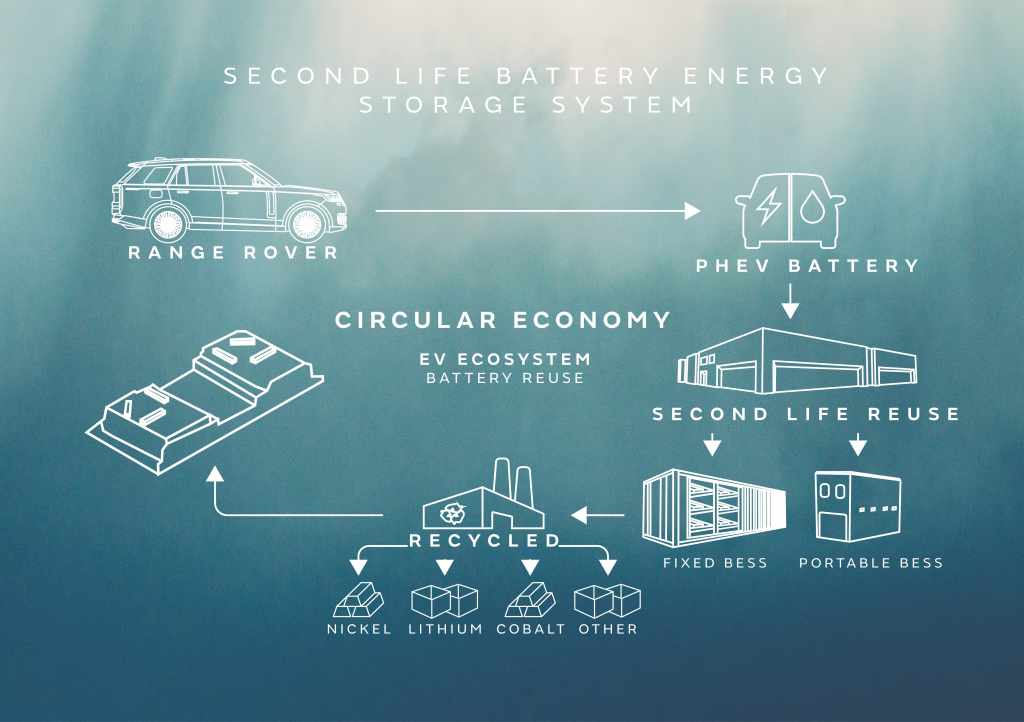
For their part, JLR executives seem to get it — and they seem (finally!) to be taking sustainability somewhat seriously.
“We are delighted to be working with Allye Energy on this next generation sustainability project that will help demonstrate the potential of our circular supply chain ambitions,” said Reuben Chorley, sustainable industrial operations director at JLR. “Developing second-life battery projects like this is crucial if we want to make sustainability real in JLR and drive us towards achieving our carbon net zero target by 2039.”
JLR says predicts that battery value chains will grow 30 percent annually from 2022, exceeding $400 billion by 2030, when second-life battery supplies for stationary applications are predicted to exceed 200 gigawatt-hours per year. The company is investing £15bn into electrification by building a comprehensive EV ecosystem as part of its Reimagine strategy.
Electrek’s Take
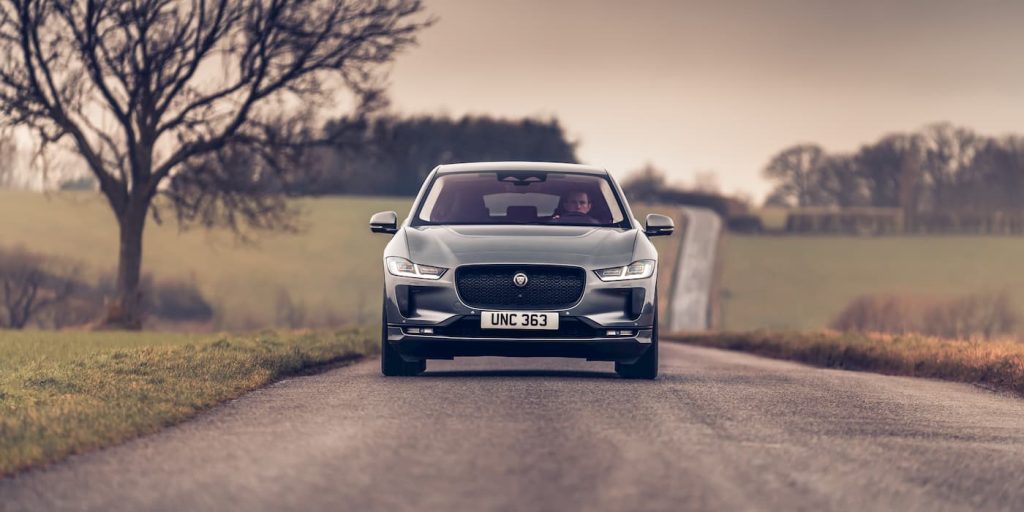
When Jaguar cancelled its all-electric XJ replacement and seemingly lost interest in updating the i-Pace, it almost seemed like they’d given up on plug-in vehicles. But, while a single partnership with a BESS startup isn’t exactly Earth-shattering news, it’s nice to see that JLR is at least learning to talk the talk. Now it’s time for them to walk the walk.
FTC: We use income earning auto affiliate links. More.







